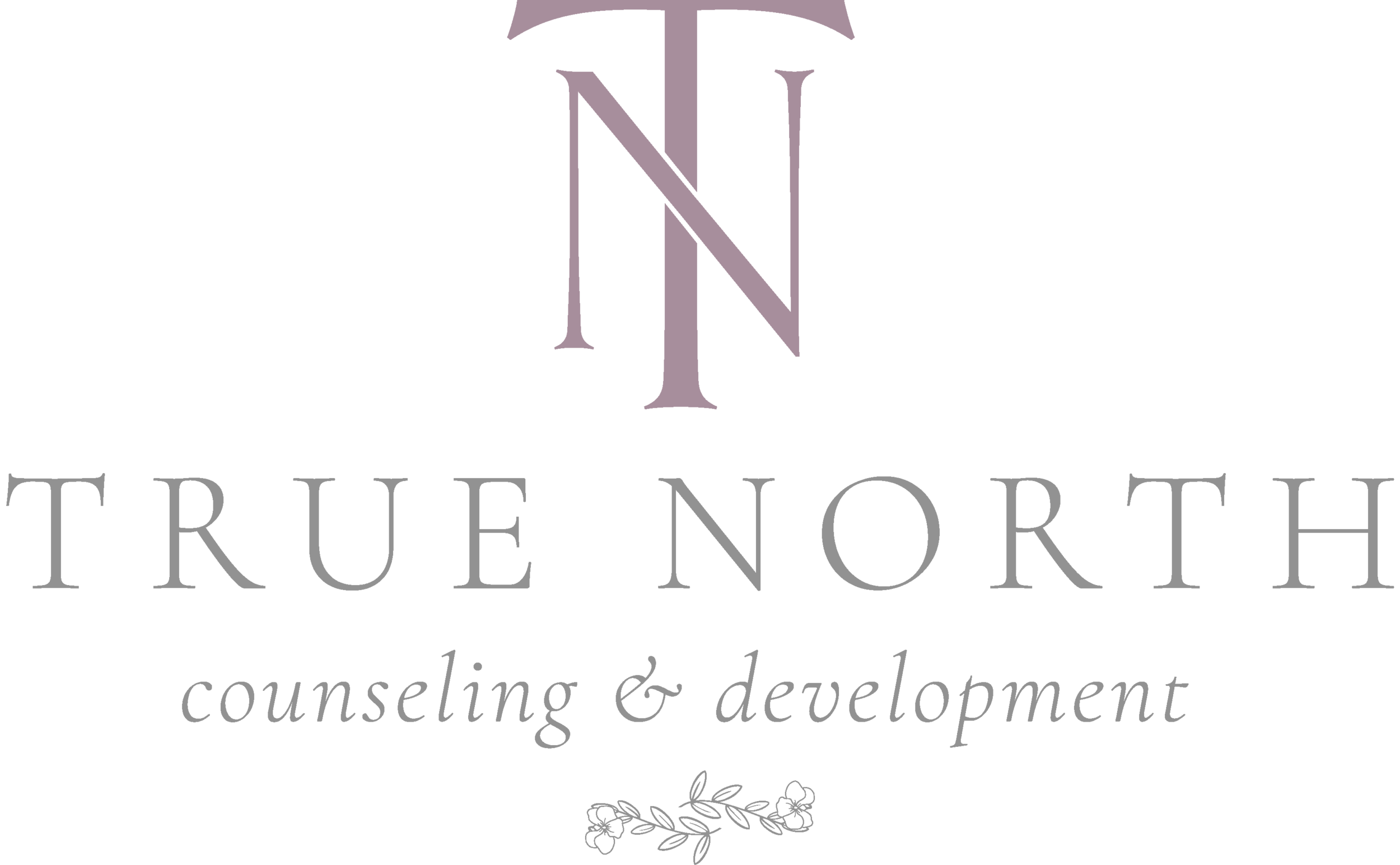Getting into The Feels: Just Let it Go!
*Reminder, while these posts are not designed to replace or serve as therapy, I do hope you find them educational and insightful. If at any point in reading these posts, if you start experiencing distress or the lightbulbs start turning on that what you’ve learned needs a further dive with a professional, the Therapists at True North will be happy to help you with your needs. You can contact True North Counseling and Development at 859-740-7374.
I am sure some of you just now screamed, “But I can’t!” That is a highly common reaction to the feedback, “Just let it go already!” One of the central understandings about emotional experiences is that no two people will be alike in how they react to the world around them. For one person, getting cut off on the highway is no big deal, yet for the other, they are blaring their car horn and screaming profanities. The same is true for any of us who experience significant boundary violations, traumatic losses, or major disappointments. Saying “Just get over it” makes emotional hardship something easy to flip the switch on or off, and that is just not the case for many people. For these people, letting go is a long and excruciating journey, and the best thing we can do is respect someone else’s experience.
Why is letting go so hard?
Again, this might vary for many, but I often encounter individuals who are afraid of embracing reality. They fight tooth and nail that something happened or it didn't happen. The reality is, an event occurred or it didn’t…it does not matter what you would like to believe about it.
“I cannot believe they are still together” Reality: they are together or they aren’t.
“There’s just no way that person could do that” Reality: they did it or they didn’t.
“I cannot believe they are gone” Reality: they are here or they are not.
Choosing to let go means we face realities head on without fighting them, and that is hard. Reality is difficult, reality might even suck, and reality might mean something super uncomfortable. So inevitably, one step in letting go is to stop fighting the truth or reality in front of us and doing so without judgment.
Additionally, letting go is hard because most of us want happy endings, justice, or closure. We don’t like it when relationships end in ghost mode, we hate it when jobs or relationships end on bad terms, and we especially don’t like when the “bad guy” gets away with wrong-doing. To let it go may result in:
“Does the bad guy win?”
“So now what, you mean these horrible things happened and I am just stuck here dealing with it?”
“To let it go means that person harmed me, and I get no apologies, no restitution, and no justice?”
“If I accept what happened, does it mean that this horrible thing is okay?”
Unfolding answers to these questions undoubtedly prompted strong emotional reactions for some of you. Yes, letting go might mean you emotionally work through additional realities of the aftermath, the damage, the loneliness, the injustice, and depression associated with being on the receiving end of hardship. To let it go means I am potentially in the funk, in the pit, and/or left to suffer or pick up the pieces. This is an excruciating place to be emotionally. I would say it is near impossible to expect anyone to go through this much hurt and damage, and just flip the switch to “move on.” Yes, these horrible events unfolded, but repairing the damage is going to take a significant amount of labor and resources, physical, emotional, tangible, and spiritual alike. Some of the repairs may take a significant amount of time, thus adding to the complexity of when individuals can move forward. Does it make the unwanted events okay? Absolutely not! Acceptance of reality does not mean we agree with what happened, but we are saying what happened is a reality.
Another common explanation for why letting go is so hard is because very rarely do we experience one emotion at a time. We are complex creatures who can experience love, sadness, rage, and despair simultaneously or within the same time frame. To let it go means we are working through every emotional experience that occurred in response to the event. If a loved one passed away, I am experiencing the shock of the news, the depression of their loss in my life, the nervousness about planning for a funeral, the guilt of should haves and could haves, the longing of wanting their embrace again and much more. To move forward requires me to work through all these processes before I am able to take a step forward. We cannot let go or move on if there are emotions still buried and undealt with.
Between now and the next blog post, if you personally are having challenges with letting go or moving forward, I encourage you to explore if working through these difficult times with a trained mental health provider may help you on your way to healing. We all need help to get our lives on the right track, and the Therapists at True North will be happy to offer a safe place for you to work through your needs.
Affirmations:
I get to decide when I am ready to move forward from a hard time.
I am allowed to take as much time as I need to heal and repair myself from the aftermath of what happened.
Horrible things happen, accepting that they have occurred does not mean what has happened was okay.
My emotional process is my own.
I am in control of my healing journey. I do not need to hold myself to another’s standard.
